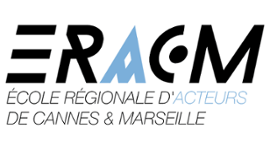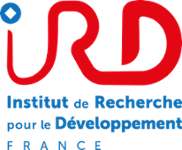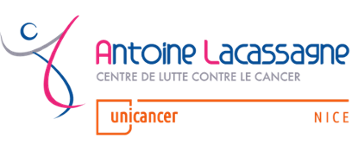MARRES Education
- The MARRES programs
-
The Learning experience: being a MARRES student
- The MARRES students
- The MARRES events
- Life on the Côte d'Azur
- The learning strategy
-
Alumni & Career: the life after MARRES
- The Lérins Biodiversité campaign
-
MARRES To The World: the student initiative
- Our games
- Our podcasts
- Our outreach events
- Naïa: the voice of the Ocean
-
Team & Partners
-
Join us

Impact of Ocean Acidification on two Mediterranean corals
CNRS / LOV, Villefranche-sur-Mer (France)
Centre national de la recherche scientifique (CNRS)
Context
Ocean acidification, that is caused by the uptake of anthropogenic CO2 by the ocean, is perceived to be a major threat for many calcifying species, including scleractinian corals. Under the IPCC high-CO2 emissions scenario (RCP 8.5), pH values are expected to drop by -0.4 units by the end of the century. While it is well known that an increase of seawater acidity leads to a decrease of coral calcification the effects on the relationship between corals and their symbiotic dinoflagellates as well as the effects on their reproduction are not well characterized. In order to study the impact of ocean acidification on reproduction, corals will be regularly sampled in Ischia, a volcanic Island next to Naples (Italy), where natural CO2 vents locally acidify seawater. CO2 vents offer a unique opportunity to investigate the response and adaptive capacity of corals to ocean acidification. In such systems, CO2 bubbles from the seafloor creating conditions that mimic future carbonate chemistry conditions. The study focuses on two Mediterranean long-lived corals of key relevance for conservation, the zooxanthellate species C. caespitosa and the azooxanthellate species A. calycularis.
Objectives
The aim of this internship is to examine the effects of low pH on the sexual reproduction and biochemical composition of the two corals by comparing samples collected from natural CO2 vents to samples from ambient pH sites. Specifically, reproduction will be monitored by identification of the gender and the analysis of number and size of gametes by histological microtome cuts, each month until spawning. Moreover, in order to be able to connect gametogenesis to parents reserves of energy, the lipids of the adult polyps will be quantified by the biochemical colorimetric sulfo-phospho-vanillin method and the symbiont density will be obtained by cytometry. This project will help to better understand the impact of ocean acidification on the symbiotic relationship of the coral and its microalgae, the lipid reserve acquisition, the gametogenesis and timing of spawning.

Status
Started Fall 2018
Current student involved: Julie Pezin
Previous students involved: Léa Piacentini
Last deliverables:
Contact information
Website
Villefranche sur Mer

















